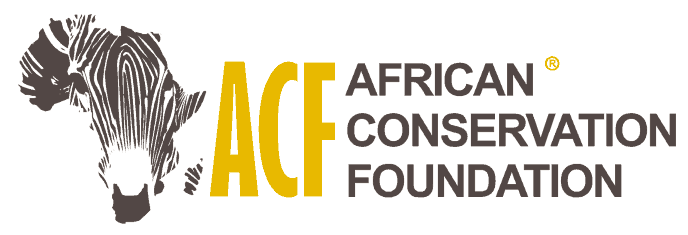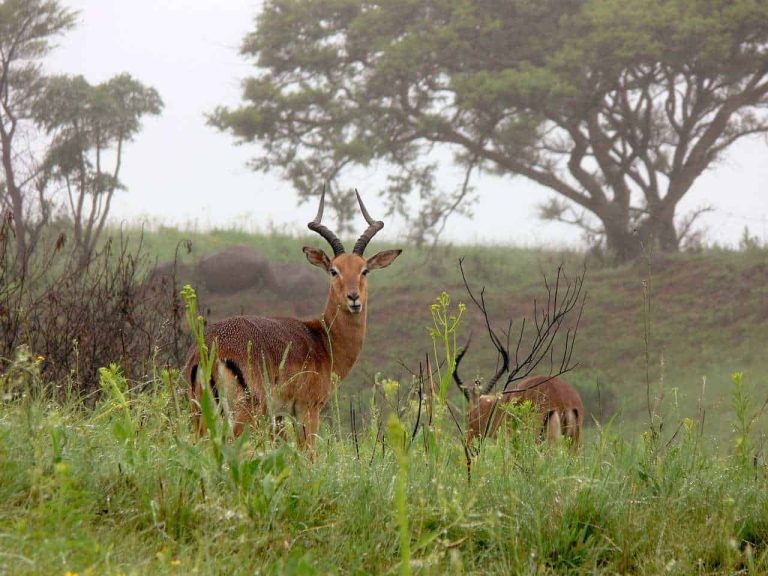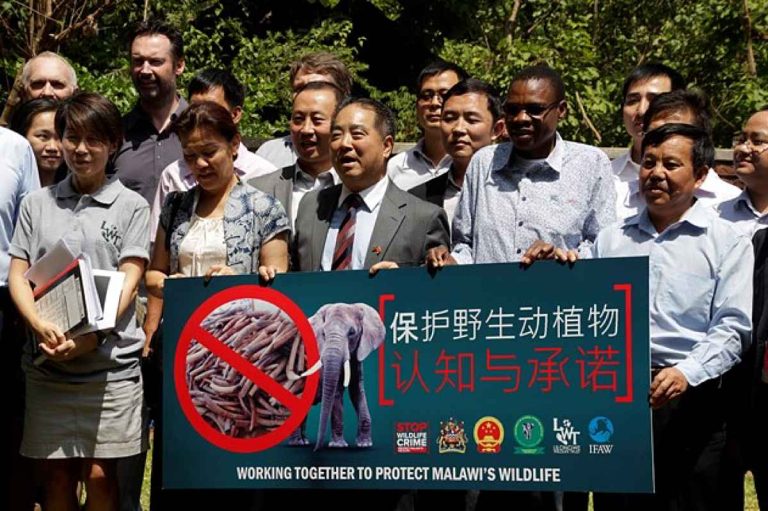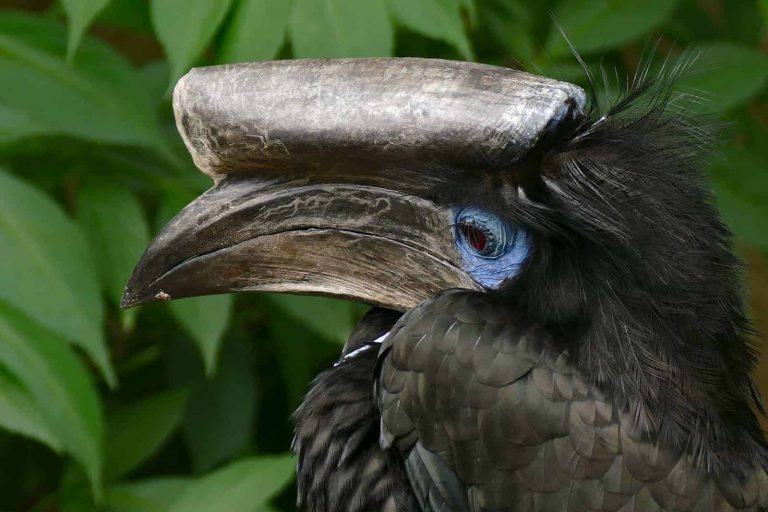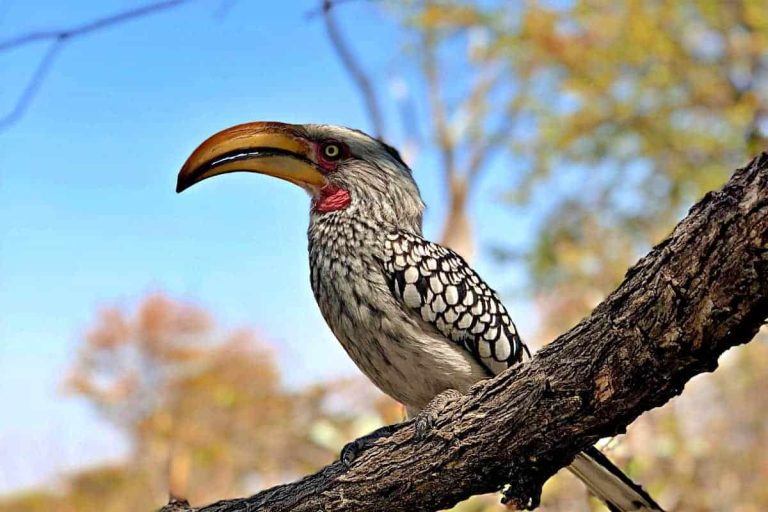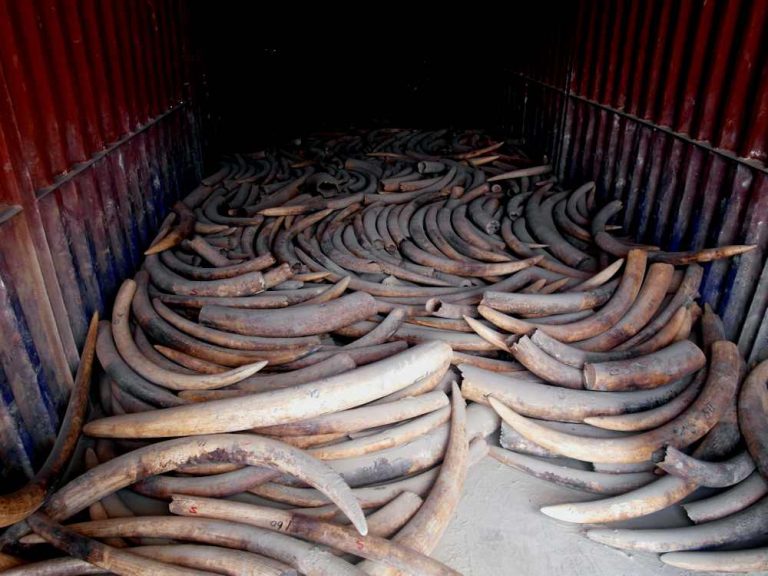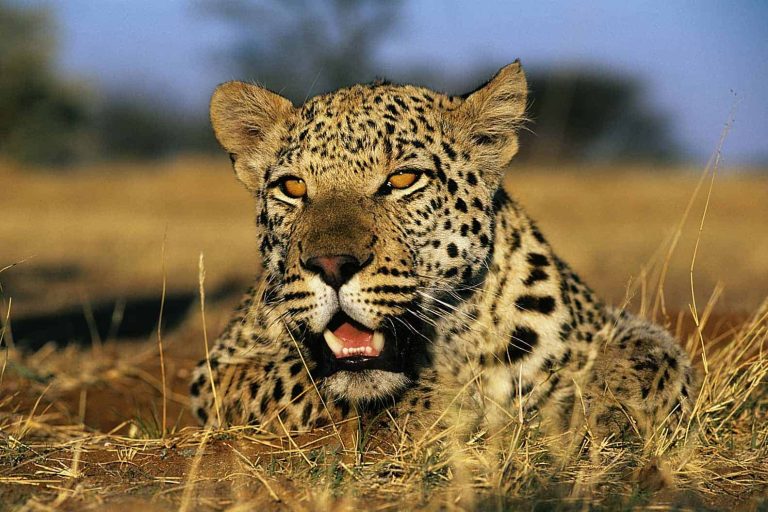NO to oil drilling in Virunga and Upemba, YES to green investment in DRC
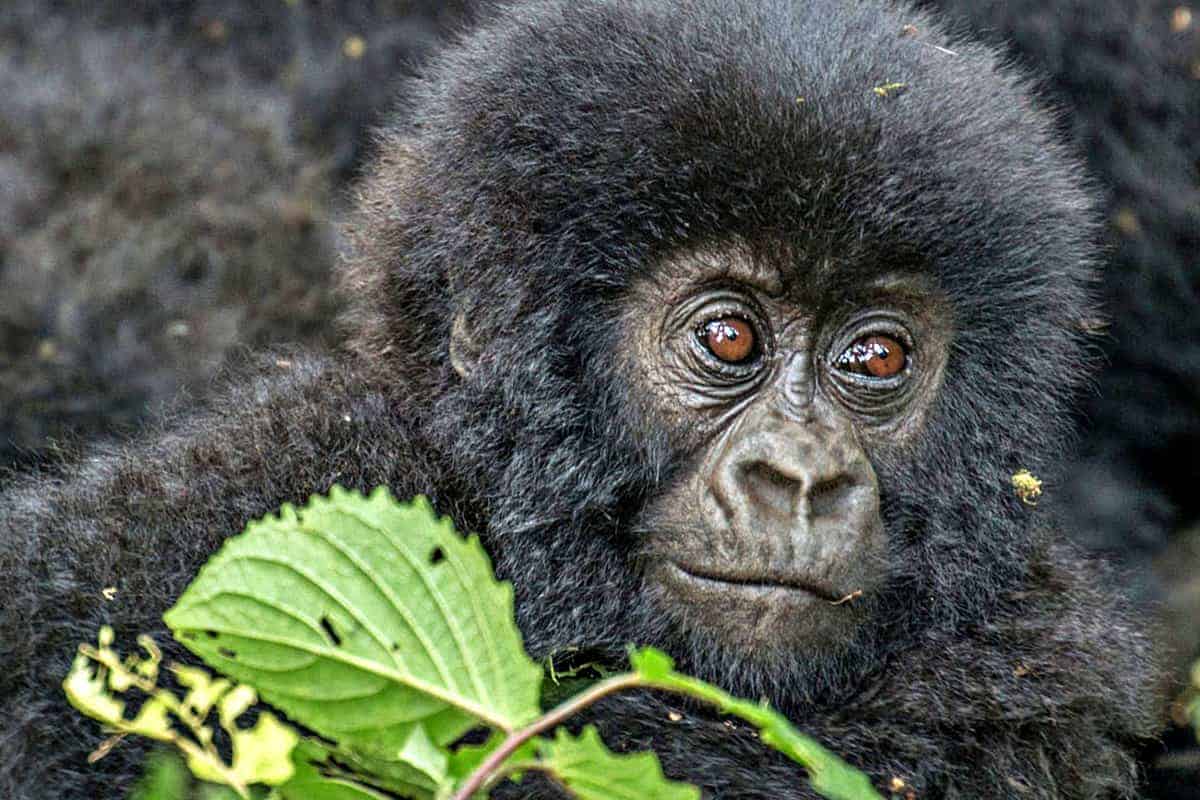
In the past weeks, we have seen many headlines about the Democratic Republic of Congo government’s decision to auction 27 oil and 3 gas blocks in some of the most biodiverse areas of this vast country. National and international civil society organisations are warning about the environmental damage this could cause to peatlands, to National Parks like Virunga and Upemba, to the Congo Basin Forest at large, and to endangered species like gorillas, chimpanzees, elephants and many other. Drilling for oil and gas in would also “release large amounts of carbon into the atmosphere, jeopardising climate goals to tame global warming.”
Missing an important point?
Why should DRC have to pay the price for saving the planet on its own? One article, only one of many, made reference to how “the auction highlights a double standard that many political leaders across the African continent have called out: how can Western countries, which built their prosperity on fossil fuels that emit poisonous, planet-warming fumes, demand that Africa forgo their reserves of coal, oil and gas in order to protect everyone else?” And as rightly said by DRC’s representative on climate issues and advisor of the Minister of hydrocarbon, Tosi Mpanu Mpanu: “Maybe it’s time we get a level playing field and be compensated”.
Why is it so difficult for most mainstream media and environmental NGOs to discuss the co-responsibility of African national governments and Western countries. Of course we totally disapprove that countries, including DRC, are opening up their protected areas and pushing for fossil fuel exploitation and other destructive activities, with a flagrant disregard of national laws and violating the rights of nature and communities. However, these countries do have a point when they say that we can not work with double standards.
Double standards?
There are global outcries against the pushing for oil blocks in protected areas by national governments but we hear little about the fact that nearly none of the Western countries contributed to the Yasuni initiative. As a result, the Ecuadorian government allowed oil exploration in this critical habitat.
Also, why are there so many empty promises from western governments about climate commitments? This is not about prioritizing the needs of one country above another but it is about the failure of the world to take “the principle of co-responsibility in the battle against climate change.”
Quote from The Guardian: “This failure of the international community touches on the wider issue of justice in the battle against climate change. What level of responsibility should be taken by the developed nations that have most contributed to the problem of climate change and are most able to tackle it? And what is the responsibility of the less developed nations? Clearly, a just solution would see the more developed nations bare proportionally more of the responsibility?”
The global “debt” of Western countries by building their economies on fossil fuels, and at the continued expense of the Global South, is a critical point, but seems to be ignored by the international community.
Yasuni
In 2013 former Ecuadorian ambassador to the UK regretted to see how on Yasuní the world failed to show the will needed, and explained that we could not afford the world to fail on other proposals. This was a little less than ten years ago. One can only wonder how much we have learned from our mistakes and what is the international community going to do with Congo’s nature?
At the same time UN Secretary-General, António Guterres, warns of climate emergency and prompts for the creation of “climate coalitions, made up of developed countries, multilateral development banks, private financial institutions and corporations, supporting major emerging economies in making this shift.”
Maybe the awaited departure of the UN peacekeeping mission, MONUSCO, from the DRC could be a good start. An opportunity for the UN to show strong climate leadership, not only in words, but by reinvesting the current MONUSCO annual budget of $1 billion into something that the Congolese people really need and want. The UN could lead in the creation of a climate coalition for DRC and be the first pledging a $1 billion per year to protect DRC’s natural heritage in order to save the planet.
“The Monusco is one of the largest and most expensive UN missions in the world, Monusco has been in the DRC since 1999. It currently has more than 14,000 peacekeepers, with an annual budget of $1 billion.”
Debt or investment?
While global debt could be a tool in specific situations, this option is still based on old thinking: that fossil fuels have a value and that developing countries have a right to exploit their resources. Times are changing. Through “progressive insights” we are now aware that carbon emissions from fossil fuels lead to global warming. Reality has changed.
We can not build future-proof societies based on old insights. Achieving sustainable, equitable development in a complex and dynamic world will require new ways of thinking and practice.
From a perspective of fairness, do African countries need to be compensated for leaving their focal fuels into the ground? Not directly, because that would sustain dependency, but indirectly: African countries could benefit from investments in sustainable (energy) sectors. In that way, Africa can skip a generation of old technologies, as well as old power structures, get a head start, develop and capitalise on new green technologies.
Instead of making fossil fuels the focus and compensation the means to achieve something, it would be more impactful to divert investments, and invest in green (energy) solutions in African countries and in carbon credits based on intact ecosystems. That will help countries right now by providing the means, while mobilising companies in economically better developed countries (and Asia etc) to reduce their emissions. That will spur real change at a global scale.
Co-responsibility
There is a responsibility to repay environmental debt by economically developed nations; as well as a responsibility for the DRC government to make sure that the kleptocratic system that has been benefiting from the looting of country resources is fully dismantled. The last thing Congo needs is more billions of dollars pouring in and out of the country without benefiting its nature and people.
Rather than only warning about global climate catastrophe, endangered species and disappearing rainforests, we need to provide alternative solutions that work, that are acceptable and equitable. If we really want to change and save the world it’s time we start changing our own perspectives and take our share of responsibility. Let’s mobilise organisations and resources for a DRC Climate Fund and invest in new green energy solutions that will place the country and its people at the steering wheel (not a backseat) of our drive to a carbon neutral future.
—
Authors: Save Virunga & African Conservation Foundation
